
The Invisible Link
The link between poor physical health and poor mental wellbeing is widely established. Mental health charity Mind reports that 1 in 4 adults every year will experience a mental health problem in England. For those living with chronic pain, depression is four times more likely, according to Versus Arthritis’ Chronic Pain Report.
The toll physical pain and restriction has on mental health is well documented and, unfortunately, the reality for most people living with a long term medical issue or disability. Taking care of both your physical and mental wellbeing can start to feel like a daunting, never-ending task, only worsening the impact these dual challenges can have on your life and overall health.
If you’re feeling the pressure of managing your mental health and physical pain or ailments, or you just don’t know where to start in finding a balance between regulating the two, then consider using our simple and effective tips below.
Pain Management
Pain can rob you of your mobility, your energy, and even of a good night’s sleep; all of which only exacerbates your physical conditions and impacts your mental health. Finding the right pain management techniques and routines is truly the jumping off point for a better quality of life when living with chronic pain or disability.
Confer with doctors, specialists, physical therapists, loved ones and even mobility experts to find the right combination of activity, pain relief, medication, and mobility aids to prevent your pain from being a barrier to living your life. While each day will have its ups and downs, and factors such as weather, lifestyle, and chores or activity levels can mean that your experience with pain is likely never linear from day to day, knowing what works for you and not being afraid or ashamed when it comes to asking for help is all crucial.

Rest and Self-Care
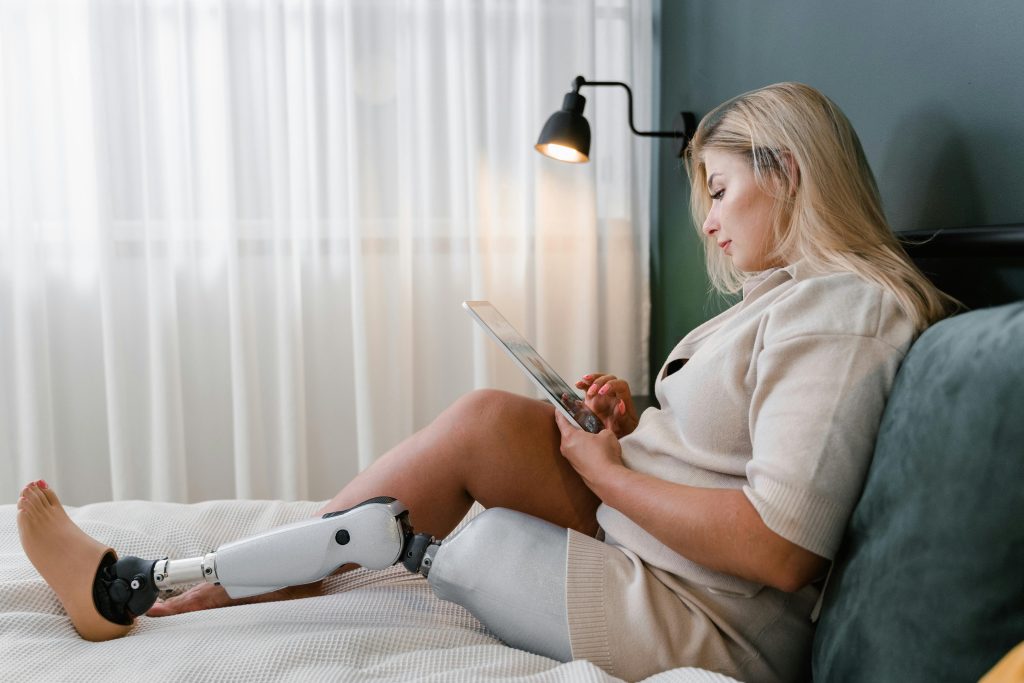
Open Up

Hobbies and Stress Relief

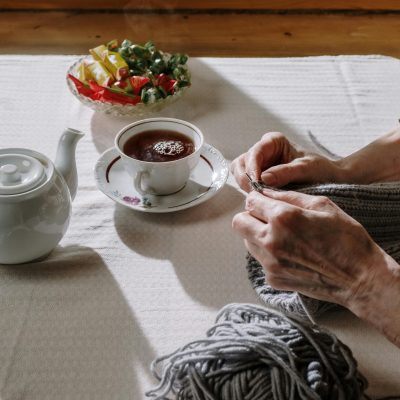
New Scenery
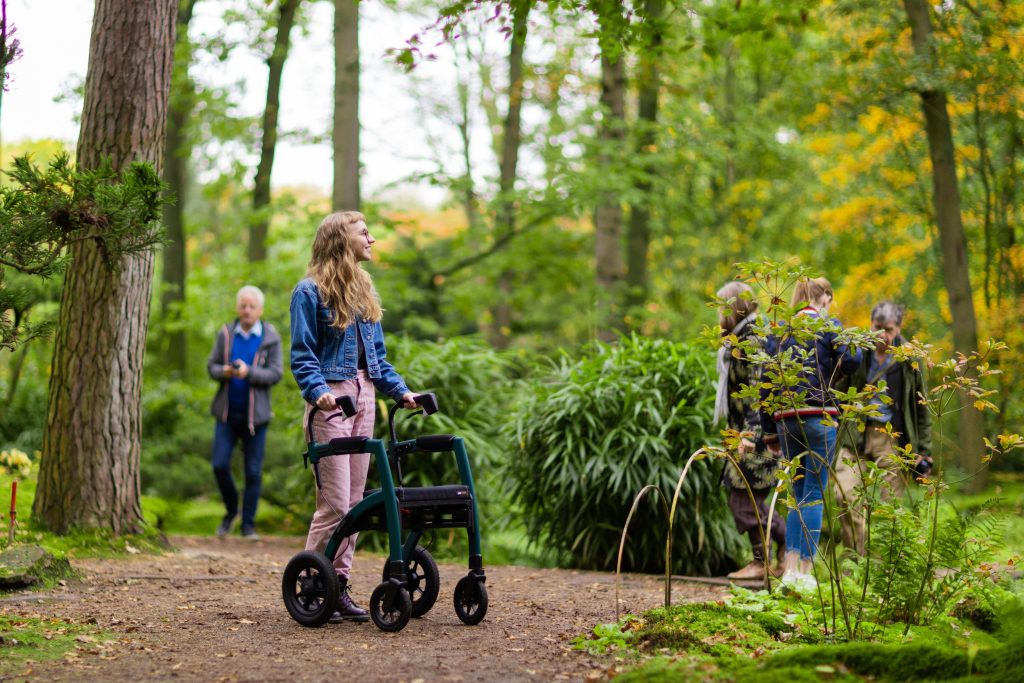
Mobility Solutions For a Better Life
You can contact us directly to find out more, or visit our experts in-store in Blackburn, Clitheroe, Chorley, or Leicester to chat in person about your mobility needs and how we can help you meet them.
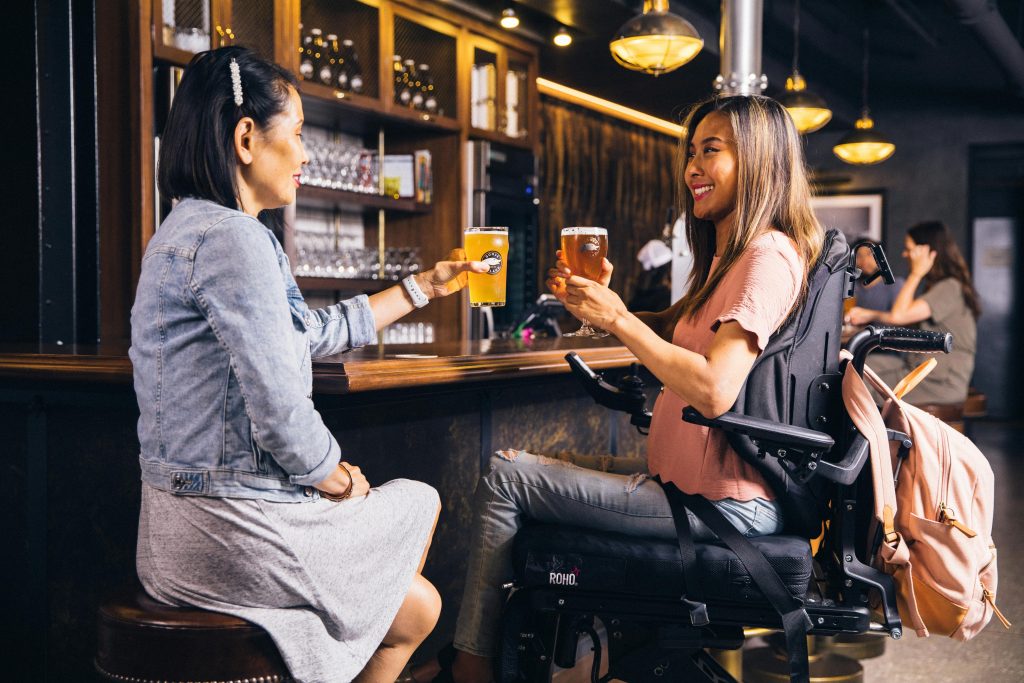
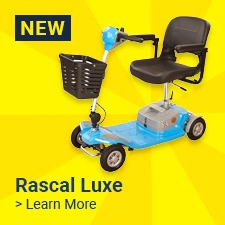
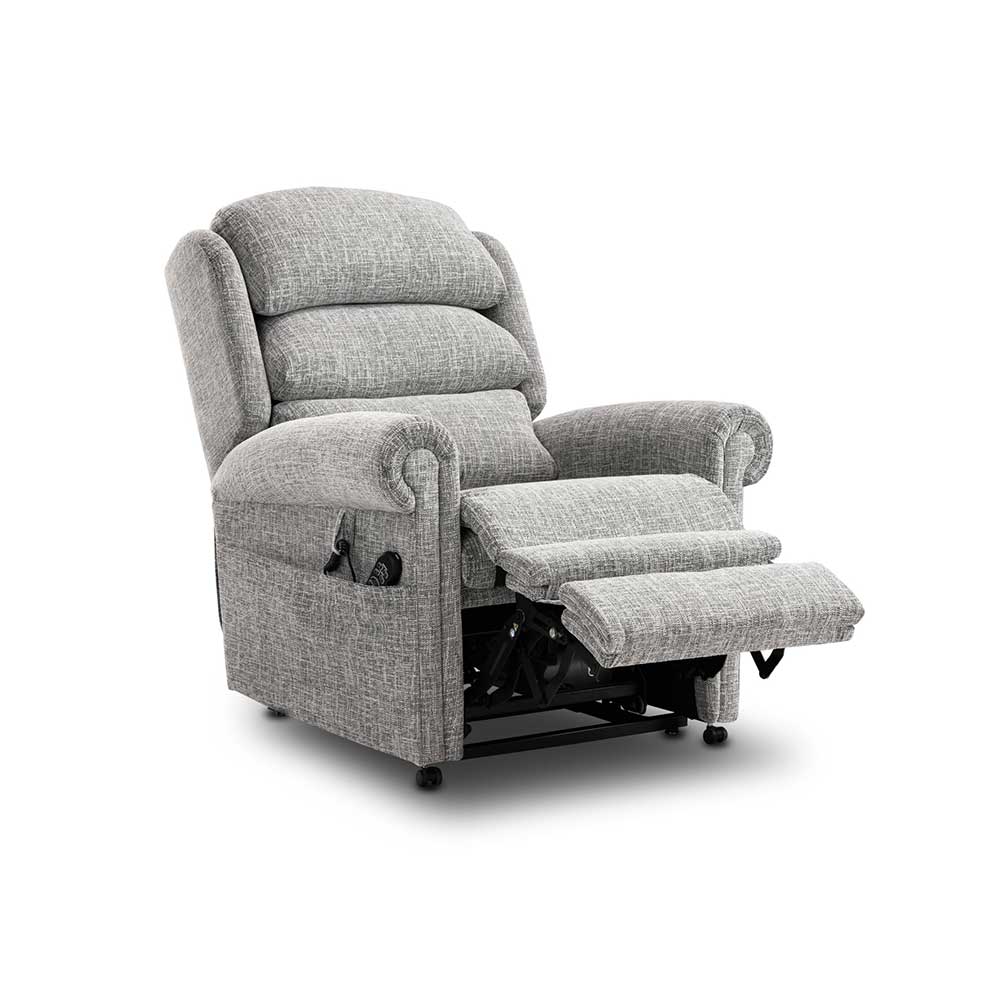
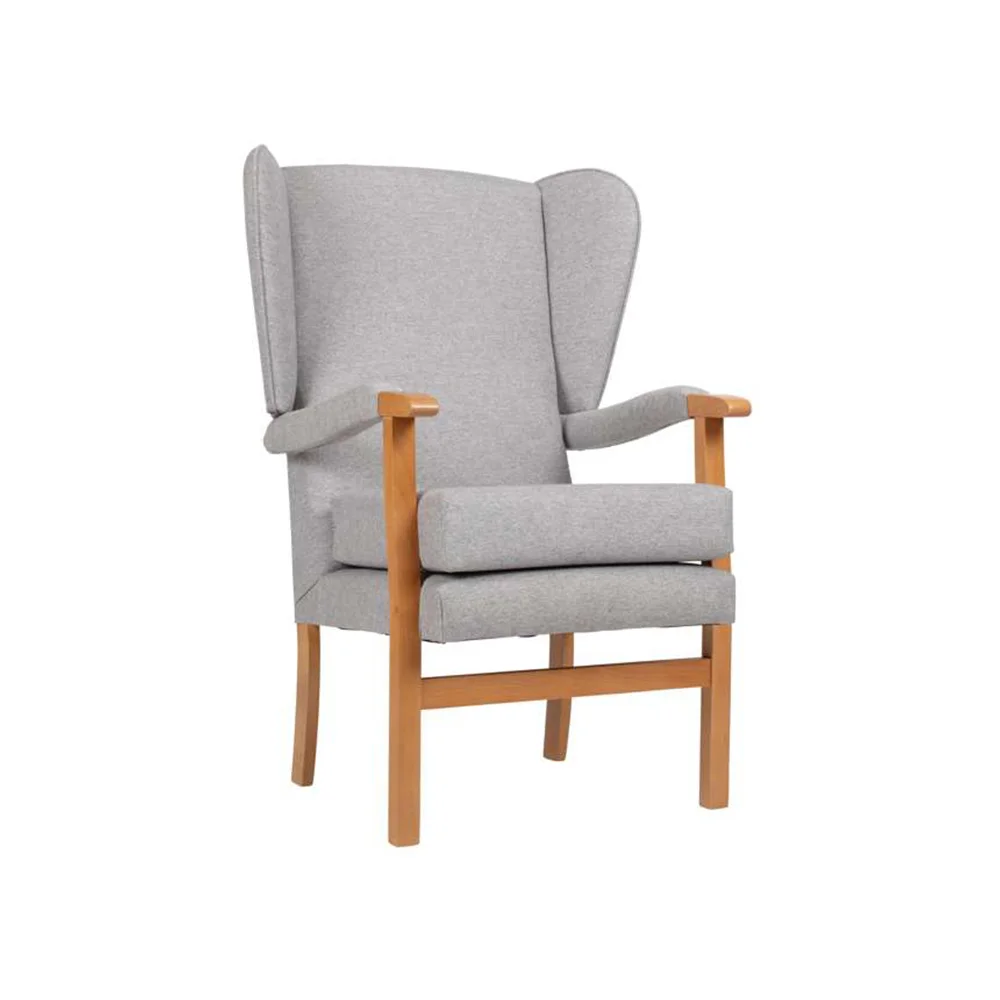
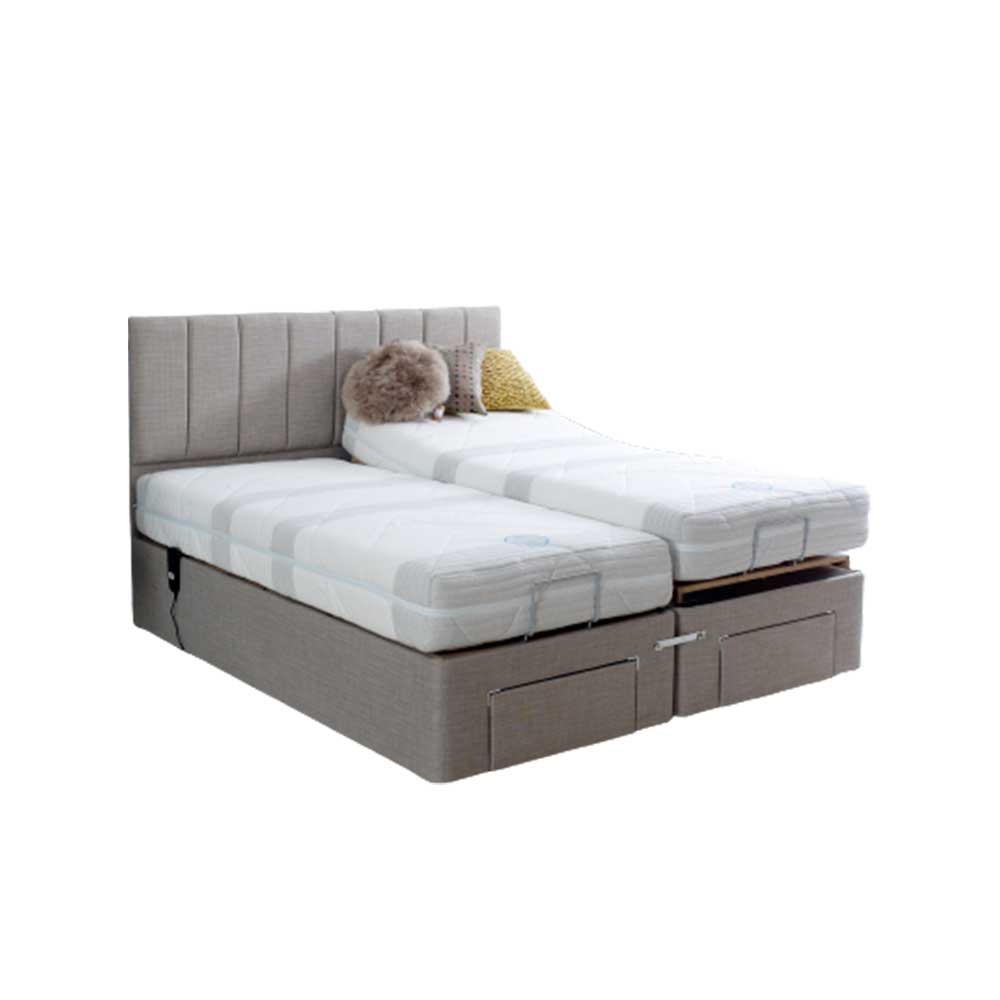
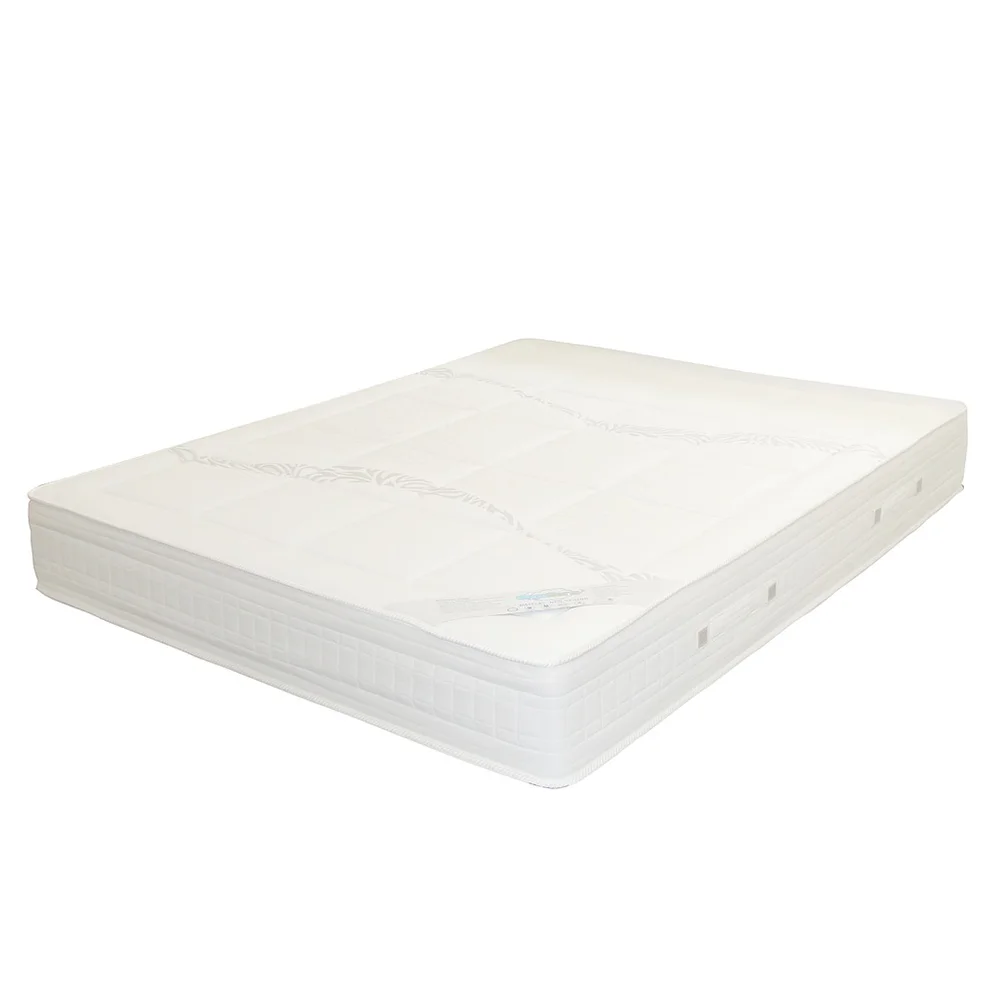
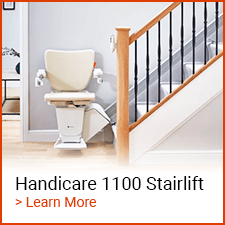


This blog is shall we say “spot on” it tells us all we want to know without kind of shouting it. Well done Modern Mobility. I tend to suffer from both so thank you .
Thank you so much for the kind feedback, Carol! It means the world to us when our blogs and advice resonate with people.